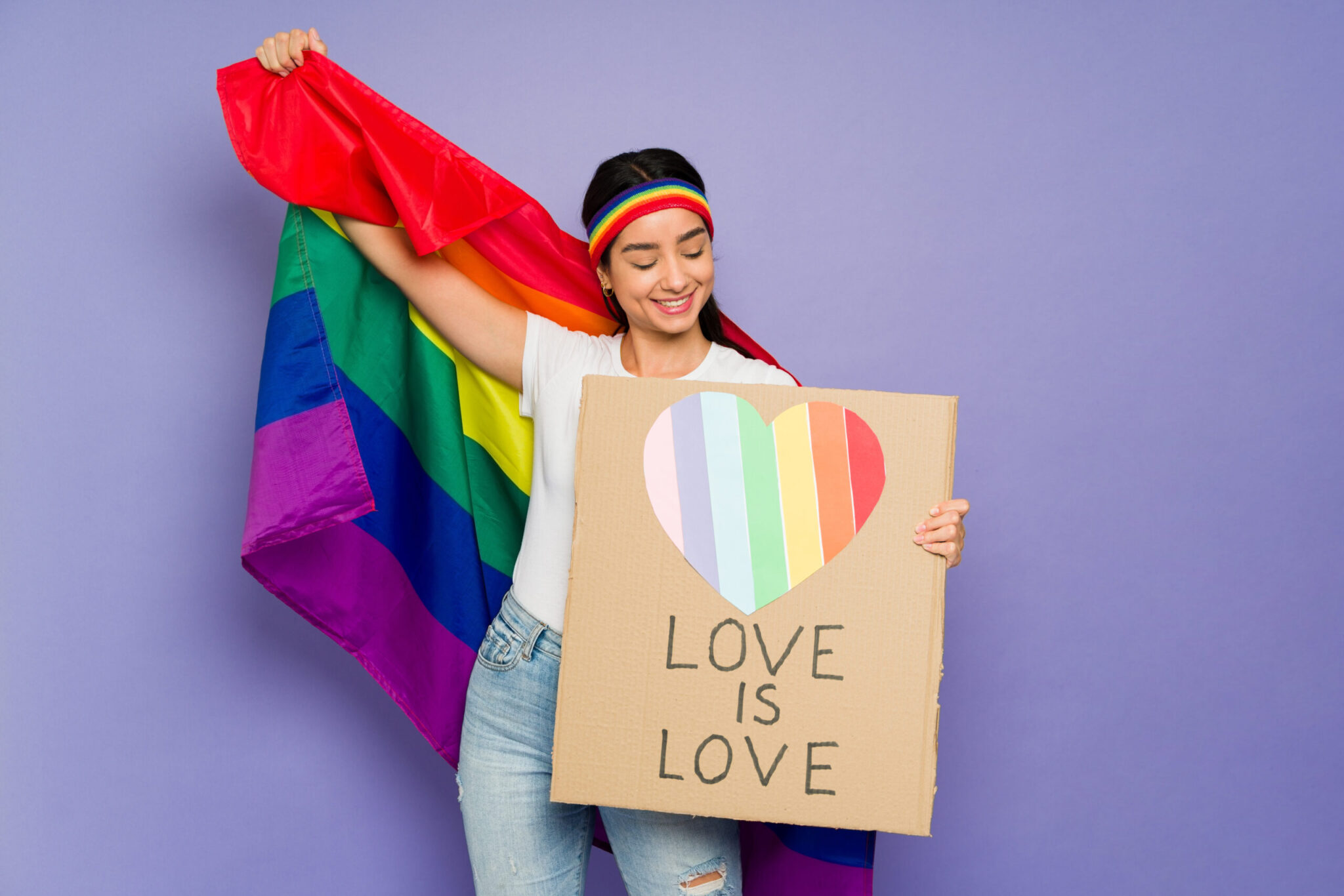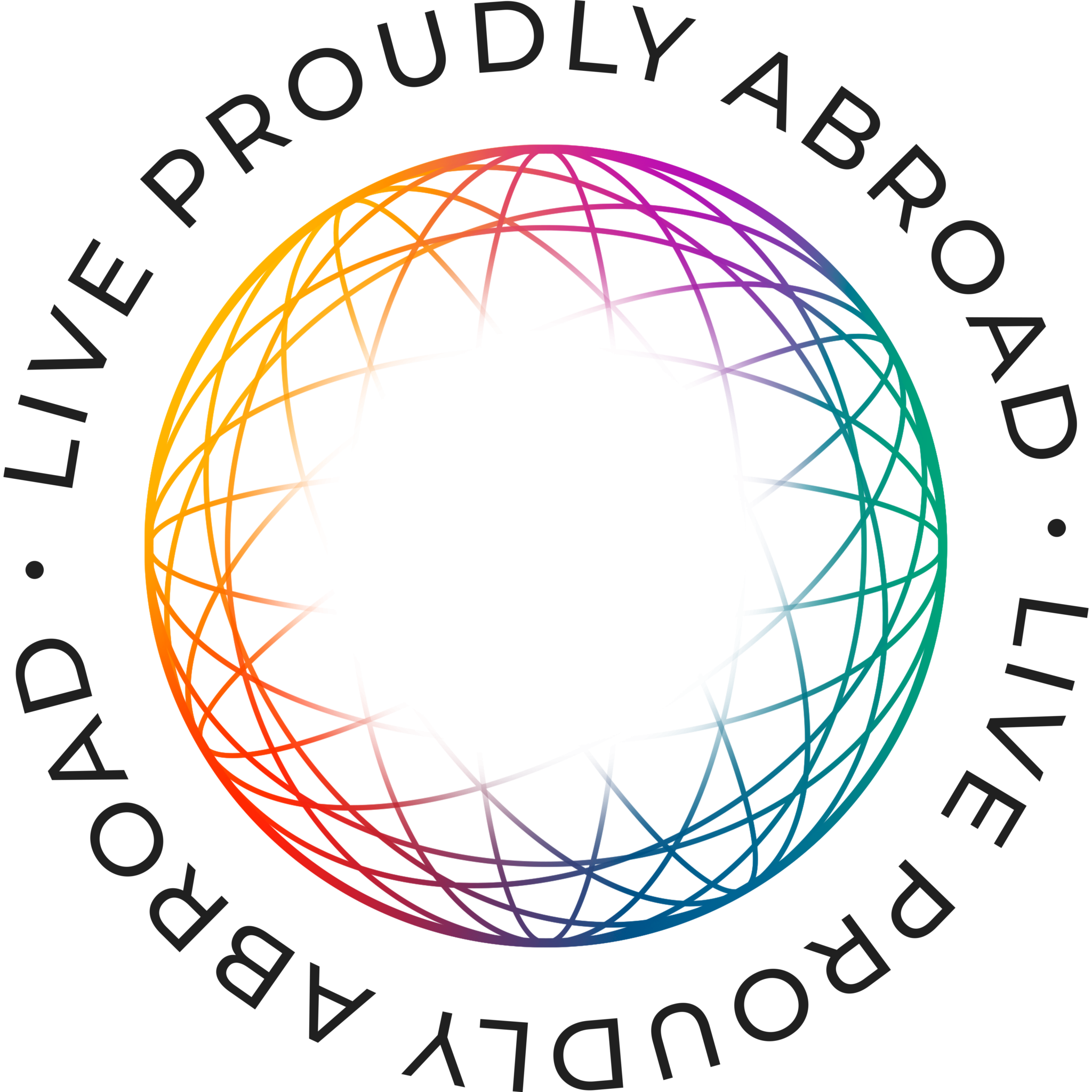The creative world thrives on diversity, and the LGBTQ+ community is at the forefront of pushing boundaries and redefining storytelling. For LGBTQ+ filmmakers and professionals with unique talents, the United States offers a chance to shine on an international stage through specialized visas. The O-1 visa and the EB-1 Green Card are two powerful tools that open doors for extraordinary individuals to work and thrive in the U.S., recognizing their exceptional skills and contributions.
If you’re part of the LGBTQ+ community and working in a creative field, these visas aren’t just about paperwork—they’re about securing opportunities and getting your work the recognition it deserves. One strategy that can set you apart is “narrowing the field,” which means highlighting your unique niche and contributions to stand out in a crowded industry.
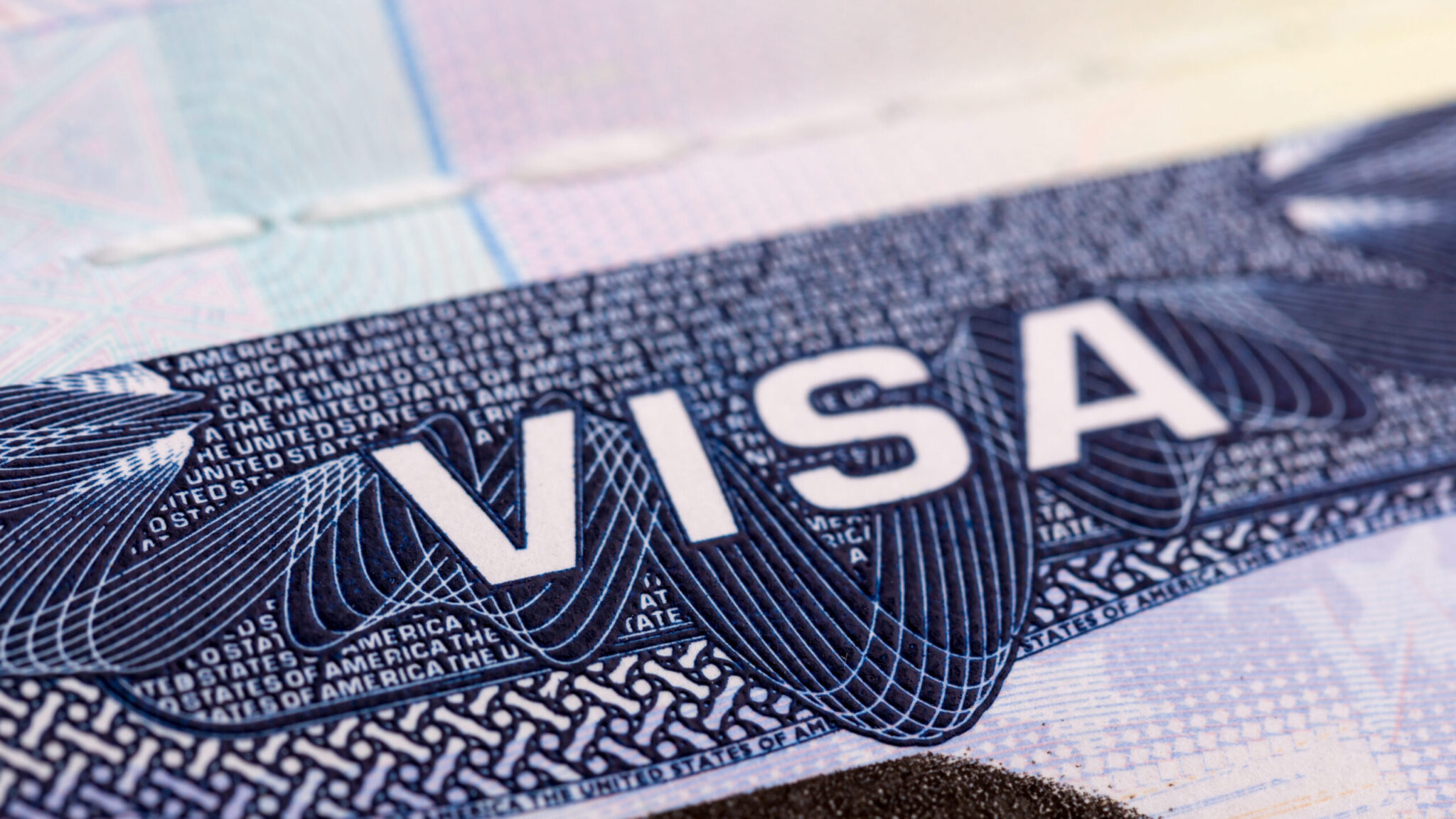
A Quick Look at the O-1 and EB-1
The O-1 visa, often nicknamed the “extraordinary ability visa,” is a temporary work visa for people with extraordinary talent in areas like the arts, business, or science. If you’re an LGBTQ+ filmmaker, writer, or visual artist, this visa gives you a chance to work in the U.S. while showcasing your creativity on a global stage. It’s typically valid for three years, with extensions available.
The EB-1 visa is a step up. It’s for permanent residency—a Green Card—and is aimed at those who’ve reached the top of their field. While it’s tougher to qualify for, it offers long-term stability and a chance to plan a future in the U.S.
For LGBTQ+ professionals, these visas mean more than just legal status; they’re a validation of your impact in areas where diverse voices are essential.
Proving You’re Extraordinary
Both visas require proof of extraordinary ability, but what does that actually mean? This is where narrowing the field really helps. By focusing on a niche—a specific genre, style, or audience—you can show how your work stands out.
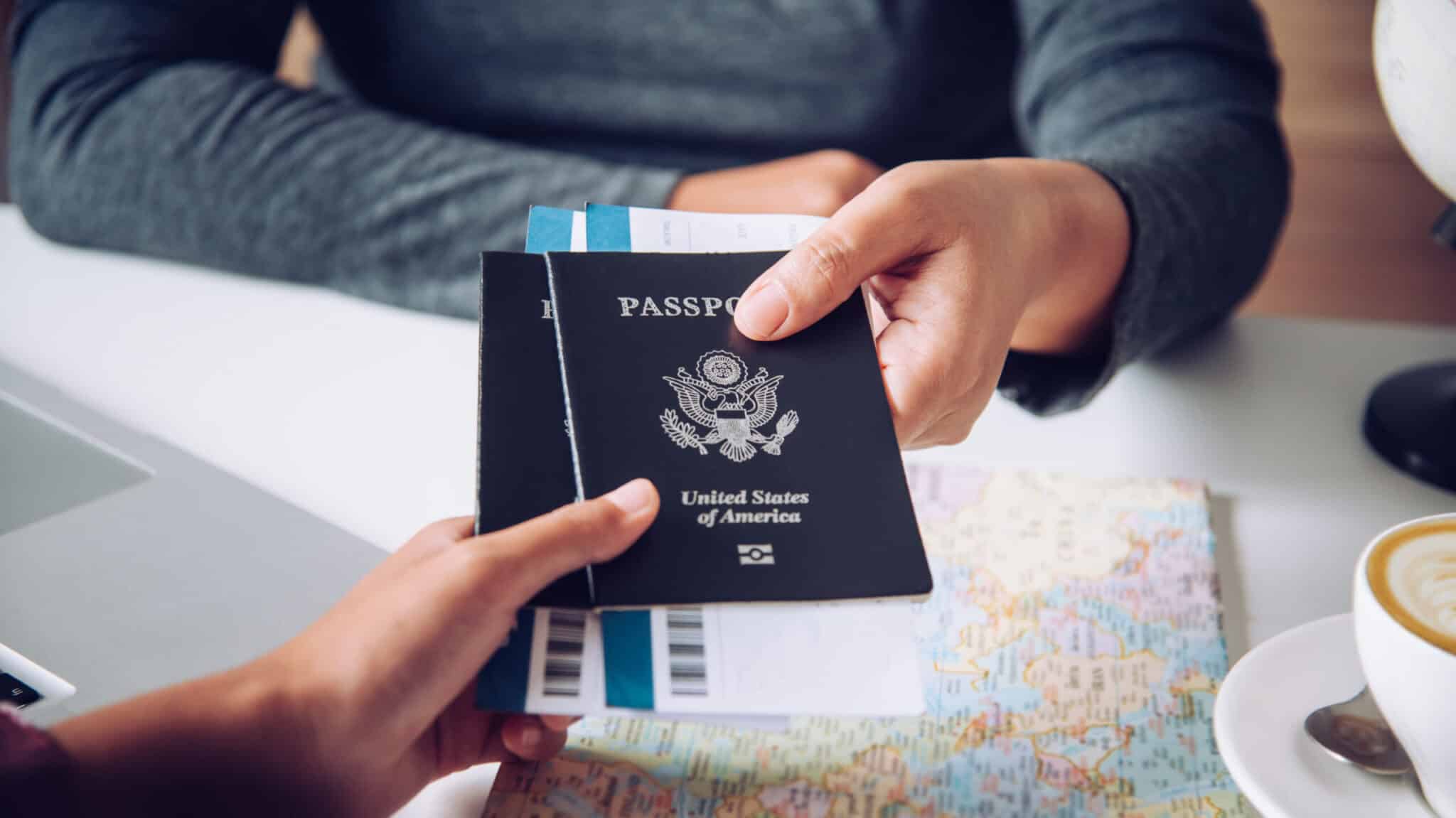
For the O-1 Visa:
To qualify, you need to meet at least three of these criteria:
- Have you won a major award?
- Have you played a leading or critical role for big-name projects or organizations?
- Have industry experts or media recognized your work?
- Have your projects been commercially or critically successful?
- Are you earning a high salary compared to peers in your field?
For the EB-1 Green Card:
The EB-1 is a bit more demanding. You’ll need to meet at least three of these:
- Have you played a leading or critical role for big-name projects or organizations?
- Have you won major, internationally recognized awards?
- Are you a member of prestigious organizations in your field?
- Have you worked as a judge in your field?
- Has your work been covered in press?
- Has your work been shown at major exhibitions?
- Has your work been commercially successful?
- Have you made original contributions to your industry?
- Do you have scholarly publications?
- Have you earned a high salary?
For LGBTQ+ filmmakers, this is where you can highlight how your work uniquely represents and amplifies queer voices or how you’ve created groundbreaking projects within specific genres.

Why Narrowing the Field Matters
Let’s say you’re an LGBTQ+ filmmaker specializing in experimental films about queer history. By narrowing your focus to this specific area, you’re positioning yourself as an expert in a unique niche. This not only strengthens your application but also makes it easier to stand out from the crowd.
Examples of niches include:
- Documentaries about LGBTQ+ activism.
- Experimental films that push boundaries in queer storytelling.
- Genre films (like horror or sci-fi) with LGBTQ+ themes.
For instance, if you’ve created a series of acclaimed short films about transgender rights, you can present yourself as a leading voice in this area. Back it up with awards, media coverage, and recognition from industry professionals to solidify your case.

Steps to Apply
Step 1: Show Off Your Achievements
Start by identifying your biggest accomplishments. Collect awards, media articles, letters of recommendation, and anything else that shows you’re at the top of your game.
Step 2: Find a Sponsor
For the O-1 visa, you’ll need a U.S.-based sponsor, like a business manager or an employer. Sometimes, your attorney can help connect you with a sponsor that best fits your needs. The EB-1 lets you self-petition if you meet the criteria.
Step 3: File the Petition
Your attorney will help strategize, assemble and file a petition with U.S. Citizenship and Immigration Services (USCIS). Provide all the evidence that highlights your achievements and explains how you’re extraordinary.
Step 4: Prepare for an Interview
After the application is approved, you’ll need to attend an interview, especially for the EB-1 visa. Be ready to talk about your work and why it matters.

Other Countries That Value Talent
In addition to the opportunities for LGBTQ+ talent in the United States, several other countries have opportunities to highlight your work at an international level.
Malta
Malta’s Permanent Residence Programme offers an easy path for LGBTQ+ immigrants. Ranked highly for LGBTQ+ rights, Malta provides a welcoming environment and strong legal protections.
Portugal
Portugal’s D7 visa is a favorite among LGBTQ+ expats. Its affordability, vibrant queer communities, and anti-discrimination laws make it an ideal destination for remote workers and retirees.
Spain
Spain’s Non-Lucrative Visa is perfect for LGBTQ+ individuals seeking a fresh start. With progressive laws, lively queer hubs in Madrid and Barcelona, and work visas for skilled professionals, Spain is a top choice.
Canada
Canada’s Global Talent Stream is great for skilled professionals. Its inclusive immigration policies and thriving arts scene make it a top choice.
United Kingdom
The UK’s Global Talent visa is perfect for creatives. LGBTQ+ artists can thrive in its diverse arts culture.
Australia
Australia’s Distinguished Talent visa is designed for exceptional achievers. The country’s openness to LGBTQ+ rights adds to its appeal.
Germany
Germany’s Artist Visa lets non-EU nationals live and work in Berlin, a city known for its LGBTQ+ community and vibrant art scene.
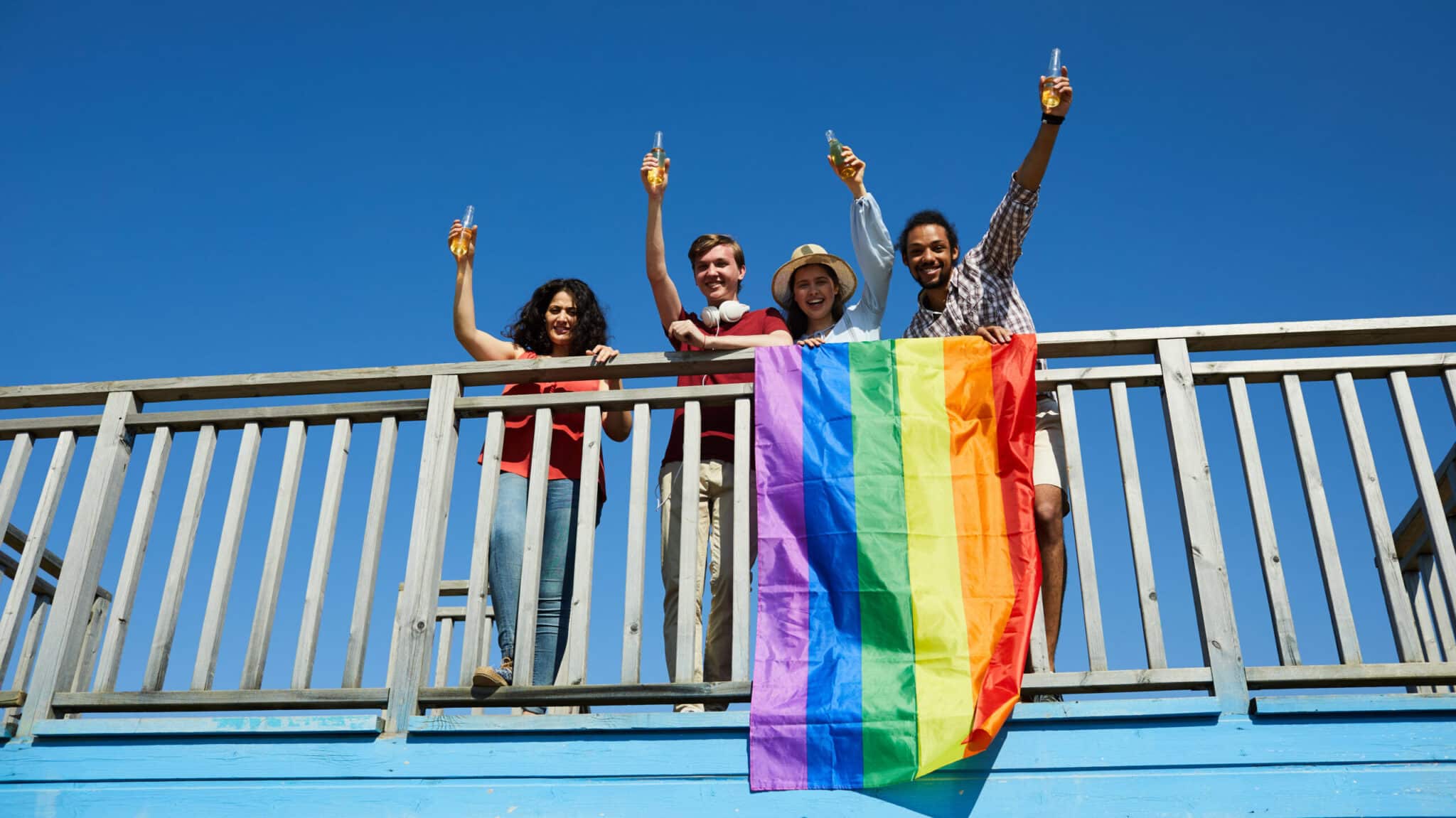
Why These Visas Are Game-Changers for LGBTQ+ Creatives
These visas aren’t just about moving to another country. They’re about:
- Finding a safe and inclusive space to work and live.
- Accessing global resources and networks.
- Bringing underrepresented voices to the forefront.
For LGBTQ+ filmmakers, securing an O-1 or EB-1 visa means more than advancing their careers. It’s about creating art that inspires and empowers people worldwide.
Wrapping It Up
Extraordinary ability visas like the O-1 and EB-1 are more than just immigration pathways—they’re opportunities to make your mark and amplify your voice. By narrowing your focus and showcasing what makes your work stand out, you can open doors to a global stage. For LGBTQ+ creatives, this isn’t just about professional success; it’s about building a legacy that uplifts and represents your community.
